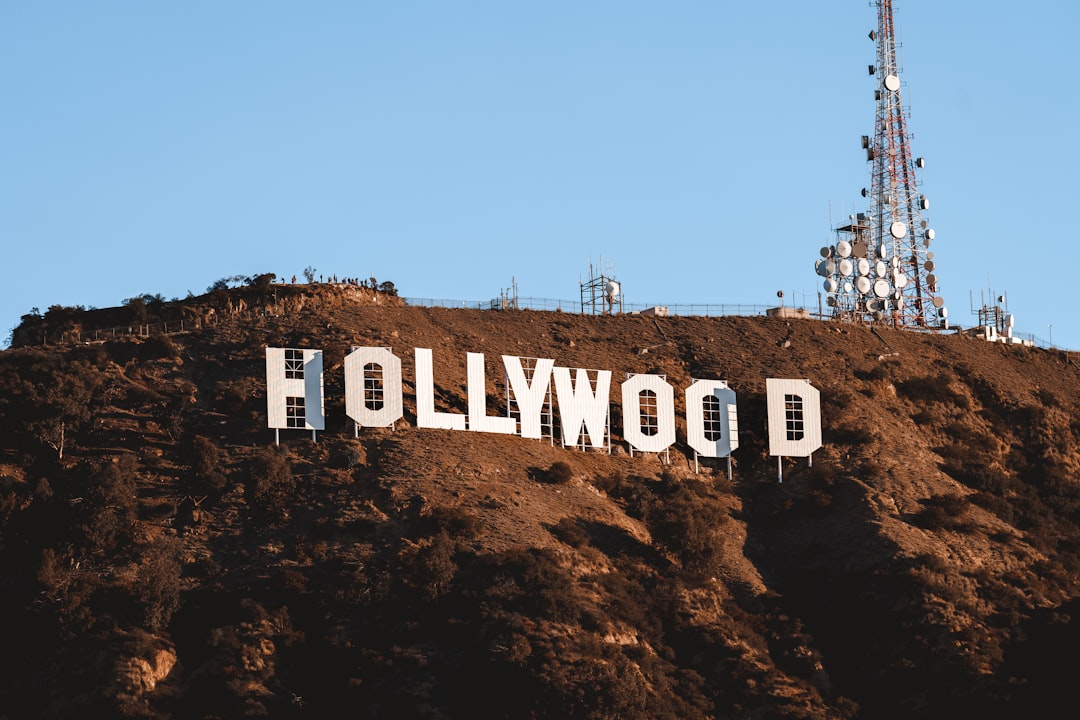Summary: The entertainment industry is facing a crossroads as AI technology rapidly advances. While OpenAI embraces AI as a creative tool, Hollywood executives remain uncertain about how to address the challenges it presents, especially regarding copyright and content use. The music industry shows a more unified approach, but overall, Hollywood risks being outpaced by AI’s swift evolution.
A Clash Between Silicon Valley and Hollywood
This week highlighted the widening gap between Silicon Valley’s enthusiasm for AI and Hollywood’s cautious stance. At OpenAI DevDay, CEO Sam Altman introduced the new Sora app as a gift to content creators, emphasizing its potential to deepen connections much like a new generation of fanfiction.
OpenAI’s Bold Move with the Sora App
Altman suggested that OpenAI might even be “too censorious” by limiting the types of AI-generated videos creators can make. The Sora app quickly gained popularity, hitting 1 million downloads shortly after launch, signaling strong interest from users.
Hollywood’s Uncertain Response to AI
However, at Bloomberg’s Screentime event in Los Angeles, media executives, agents, and studio heads expressed uncertainty about how to handle AI’s rapid rise. Paramount Skydance CEO David Ellison described AI as a “new pencil” for creation, focusing on its tool-like benefits rather than addressing deeper concerns.
Repeated mentions of caring about copyright felt more like a mantra than a clear strategy. Notably, no one directly confronted the fact that OpenAI trained its models on Hollywood’s intellectual property without permission. Netflix co-CEO Greg Peters sidestepped questions about Sora, instead discussing AI’s role in production processes.
Music Industry’s Clearer Stance on AI
In contrast, Warner Music CEO Robert Kyncl was more forthcoming, emphasizing the need for licensing content to train AI and warning of consequences for non-compliance. The music industry’s consolidated position, shaped by past challenges like the rise of streaming, gives it an advantage in negotiating with AI companies.
Kyncl also expressed optimism that AI could ultimately benefit the music industry, drawing parallels to YouTube’s evolution into a major distribution platform after resolving copyright issues.
The Road Ahead for Hollywood and AI
Without a unified approach, Hollywood risks being steamrolled by AI companies that prioritize rapid innovation over permission. OpenAI’s deliberate choice to train Sora on unlicensed content reflects a tech industry playbook focused on achieving dominance first and seeking forgiveness later.
As AI continues to reshape entertainment, Hollywood’s leaders face the urgent challenge of defining their stance and protecting their creative assets in this new landscape.
Follow topics and authors from this story to see more like this in your personalized homepage feed and to receive email updates.
